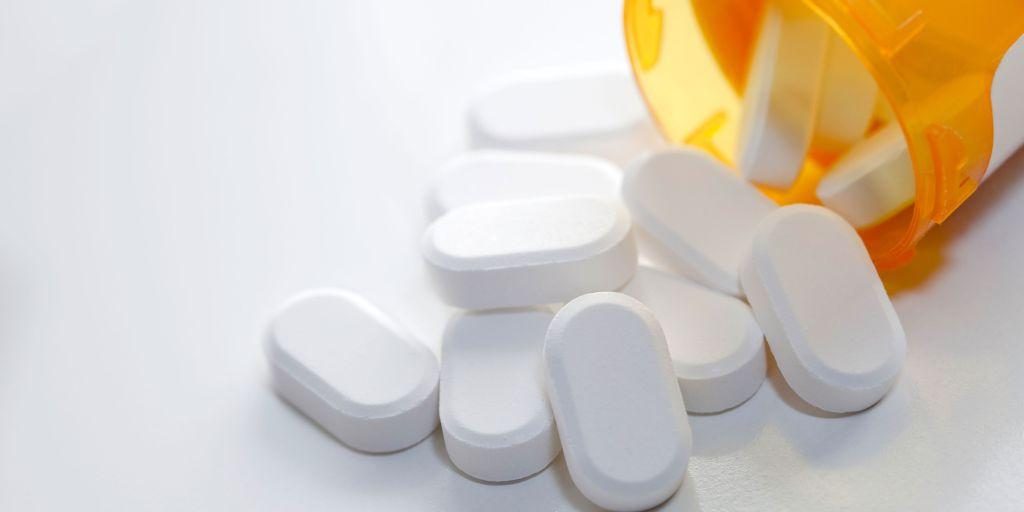Metronidazole is a medicinal compound having antibiotic and antiprotozoal effects. It can be used as a combination medicine with other medicines or alone, as recommended by a medical professional; metronidazole can be used to treat numerous skin and mouth infections like bacterial vaginosis, pelvic inflammatory diseases, trichomoniasis, giardiasis and amebiasis.
The medicine works by slowly reducing and finally ceasing the growth of the parasites and bacteria. It goes by the trade names Metro, Flagyl and others. It can be taken orally as a liquid and tablet, available as a gel/cream as well.
The leaflet of the medicine comes with basic instructions; you should always consult your doctor when need be. It is a highly effective and beneficial medicine to clear your child’s system of all the harmful and disease carrying bacteria and pestilence.
Read More: 21 Food that Help Fight Infection in Children
A Guide for Metronidazole for Bacterial Infections in Children
Dosage of Metronidazole for Children
The different forms of the medicine can be taken when prescribed by a doctor. The suppositories are prescribed for a number of reasons. The dosage and the type of suppository been prescribed to your child, depends on the infection. The course of the medicine depends on the age and seriousness of your child’s health; thus , the doses may vary based on a number of factors. Thereby, it is advised that you strictly follow the advice of your pediatrician.
The tablets can be swallowed whole, as is, with some regular drinking water/juice, after your child has had something to eat. The metronidazole liquid can be consumed anytime without the fuss of coordinating with meals. A spoon is available with the bottle so, you can easily measure the correct intake. The doctor shall prescribe different suppositories as he feels fit to your needs. If, your child has a longer and repetitive course; it’d be wise to time the medicines properly after consultation with doctor. Scheduling the medicinal intake helps in quick recovery and following a routine serves as a great way to not forget about the medicine.
If your child has been prescribed the cream/gel of metronidazole for treatment of rosacea; the medicine is usually used for an extended period of time( a month or two). Similarly when used for reduction of skin infection and wounds the gel can be used for as long as the wound heals, though on your doctor’s advice.
Do not rub the ointment too harshly and apply it aver the infected area in a very gentle way. Avoid getting it in or around the eye. Wash immediately if irritation occurs. If the eyes become red, consult your doctor.
Read More: If My Child is on Antibiotics for Repeated Infections, Could that Cause Him/Her Problems
Side effects of Metronidazole for Children
Though side effects arising due to the use of metronidazole suppositories is a highly uncommon phenomenon; a few side effects may occur that do not last very long. As soon as your child’s body gets accustomed to the medicine the side effects tend to become better. When your child initially begins taking the medicine he/she may have diarrhoea , unusual stomach pains; lose appetite and feel nauseous. If and when any of the symptoms persist visit your doctor.
Immediately call your doctor when:
- The sclera(white part of the eye) and your skin turn yellow, this might be an indication of diseases of the bladder or liver.
- Severe back and stomach pains persists(might be a warning sign of pancreatitis).
- Diarrhoea continues; becomes watery and contains blood.
- When the temperature does not drop to normal, your child feels immense discomfort, has blurred vision, and feels excessively disoriented.
While at times you may get alarmed by false signals, it is always better to consult a doctor if you have the slightest indication that something might be wrong. A few symptoms that might not be mentioned here can also be harmful for your child’s health, it is always recommended you see a doctor when something doesn’t feel right.
Precaution while using of Metronidazole for Children
While metronidazole gel or cream has not been reported to react adversely when taken with other medicines; the medicine consumed intravenously and by means of tablet etc. reacts harmfully when it mixes with other medicines. Be quick to tell your doctor about your child’s past health issues and any medicines that he/she is presently taking.
Metronidazole suppositories consumed along with a number of allopathic medicines are known to result in harmful outcomes. Though there are no known problems that ensue on taking metronidazole with herbal medicines, it is always wise to consult your doctor and check with him if the medicine might cause harm on mixing with other supplements.
In case, any abnormal changes in the behavior of your child can be observed turn to your doctor for help. Delaying will only worsen the symptoms.
The article aims to help people understand clearly the various health benefits and side effects of the medicine metronidazole. While we attest that all information mentioned here is true; we shall recommend that you must visit a doctor before using a medicine, with or without supplements.
References
https://www.nhs.uk/medicines/metronidazole/
https://www.medicinesforchildren.org.uk/metronidazole-bacterial-infections
